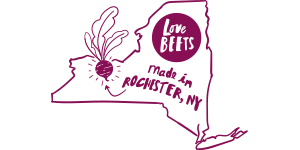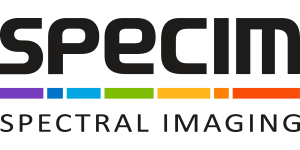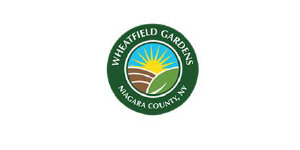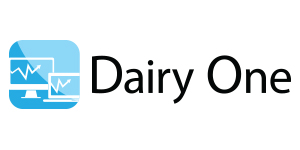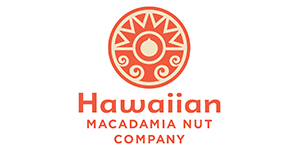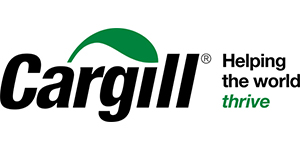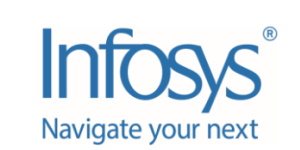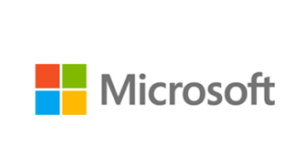- Need Technical Assistance? cida@getvfairs.io
Today’s agriculture and food issues present us with grand challenges, both at home and abroad. We expect the world population to exceed 9 billion by the middle of this century. Right now, nearly a billion people around the world still suffer from hunger and poor nutrition. Some estimate that we will need to double our current food production capacity in the next 30 years to ensure that the global population will have access to adequate, wholesome, safe and healthy food. Meanwhile, droughts, floods and temperature extremes undermine global crop production and are expected to increase in frequency.
These factors point to our biggest challenge, which is to provide adequate, safe and nutritious food to meet the needs of a growing global population and to do so without lasting negative effects on the environment.
Our global agriculture and food systems require a radical transformation relying on expertise in multiple areas and research collaborations across disciplines that include agriculture, food safety, engineering, information and computer science, biology, business and the social sciences.
Our exciting research collaboration called the Cornell Institute for Digital Agriculture (CIDA) leverages these strengths. As the only Ivy League university with a Land Grant mission, Cornell directs its research to enhance the lives and livelihoods of the people of New York State and others around the world.
CIDA was launched in 2017 as a contemporary application of this mission. More than 100 faculty from across Cornell’s colleges – Agriculture and Life Sciences, Engineering, Computing and Information Science, Arts and Sciences, Veterinary Medicine and Business – have come together to develop a robust research agenda for CIDA, weaving unmatched excellence into holistic solutions for food and agriculture. CIDA’s mission is to inspire learning, catalyze innovation, and integrate fundamental discoveries to achieve new levels of sustainability in agri-food systems and new food for thought.
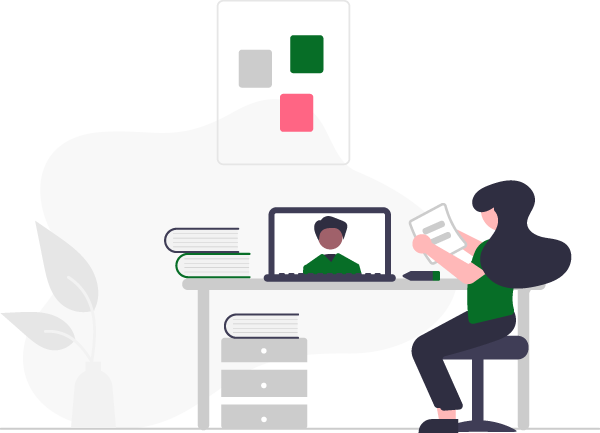
CIDA hosts an annual research-oriented workshop to help drive thought and research around Digital Agriculture and the future of our agri-food systems. The workshop showcases projects awarded through our Research Innovation Fund (RIF) which provides seed grant funding to innovative, cutting-edge interdisciplinary research from Cornell faculty and students. Researchers and students from the Colleges of Engineering, Life and Agriculture Sciences, Business, Veterinary Medicine, Arts and Sciences, and Computing and Information Science participate in this cross-college initiative. Keynote speakers and panelists from academia, industry, non-profits, and diverse private sector enterprises provide unique perspective and vibrant discussion around annual themes.
The workshop is a one-day convergence of thinkers, stakeholders, and practitioners interested in Digital Agriculture. It is a key opportunity to get an early view of digital agriculture research at Cornell and to engage with the Cornell community. Networking opportunities provide external stakeholders with a chance to discuss their own interests in Digital Agriculture.
Keynote: “Dairy Brain: Informing Decisions on Dairy Farms using Data Analytics”
Panel: "Connecting dots in DA - from basic concept to digital solutions"
 11:00-11:30am
11:00-11:30am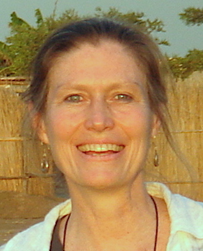 Susan McCouch
Susan McCouch 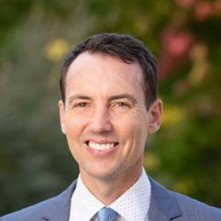 Benjamin Houlton
Benjamin Houlton  Lynden Archer
Lynden Archer 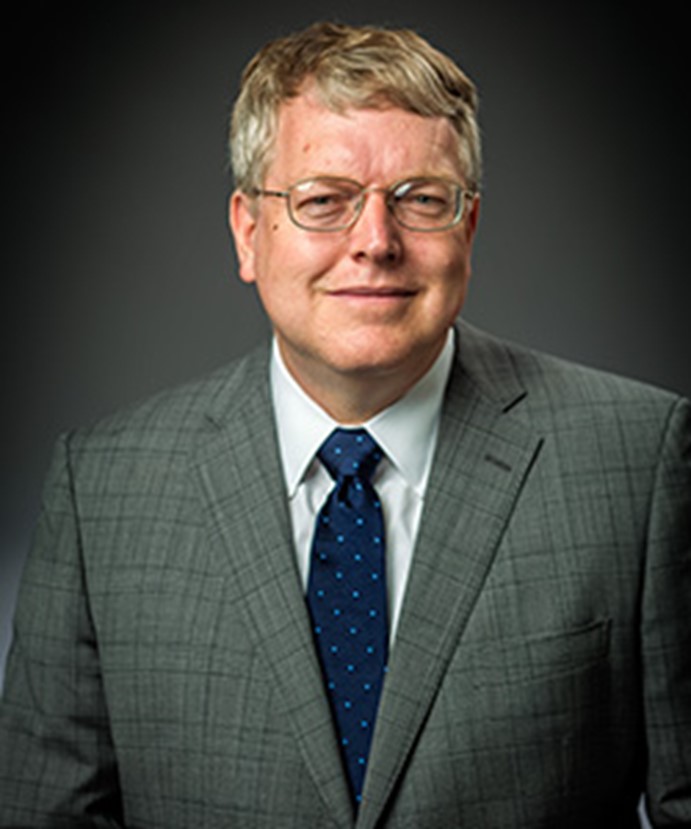 Lorin Warnick
Lorin Warnick 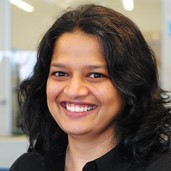 Kavita Bala
Kavita Bala  11:30-11:45pm
11:30-11:45pm Susan McCouch
Susan McCouch  11:45-12:35pm
11:45-12:35pm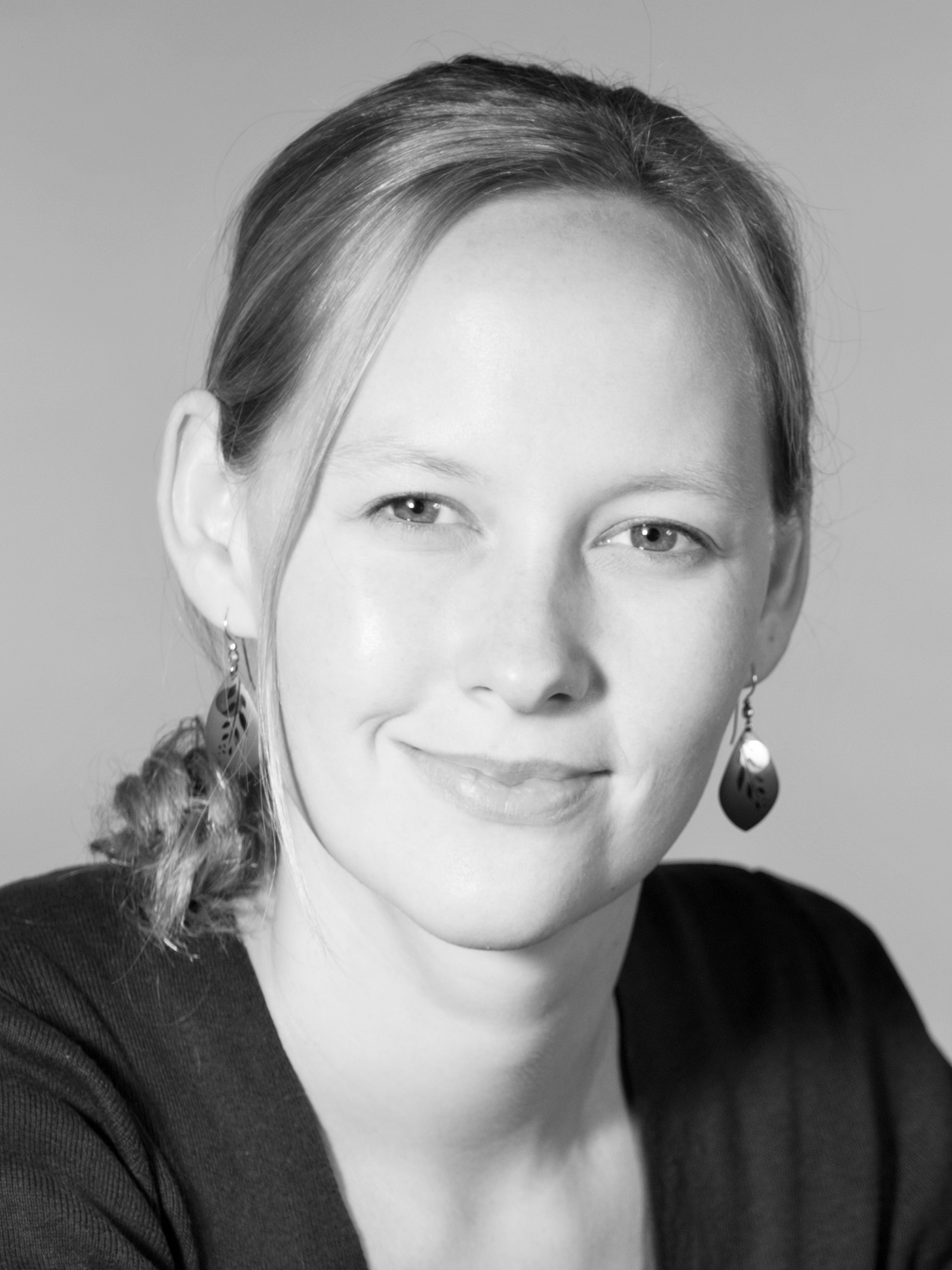 Kirstin Petersen COE
Kirstin Petersen COE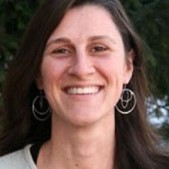 Taryn Bauerle CALS
Taryn Bauerle CALS Martin Wiedmann CALS
Martin Wiedmann CALS 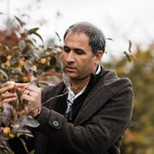 Awais Khan CALS
Awais Khan CALS Dominic Woolf CALS
Dominic Woolf CALS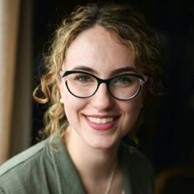 Katie Gold CALS
Katie Gold CALS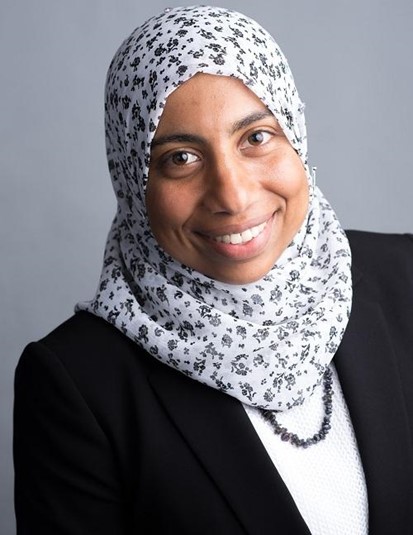 Amal El-Ghazaly COE
Amal El-Ghazaly COE 12:35-1:05pm
12:35-1:05pm 1:05-1:35pm
1:05-1:35pm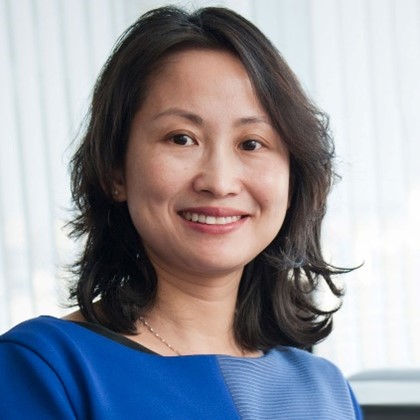 April Gu COE
April Gu COE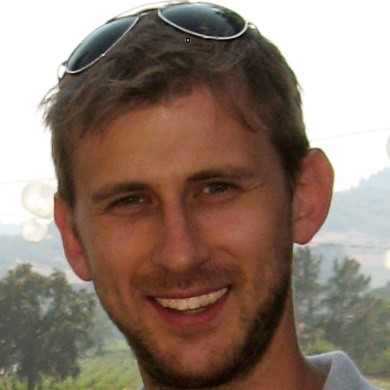 Toby Ault CALS
Toby Ault CALS 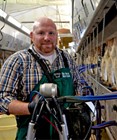 Rick Watters CVM
Rick Watters CVM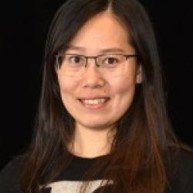 Ying Sun CALS
Ying Sun CALS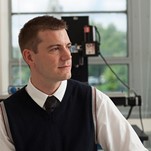 Robert Shepherd COE
Robert Shepherd COE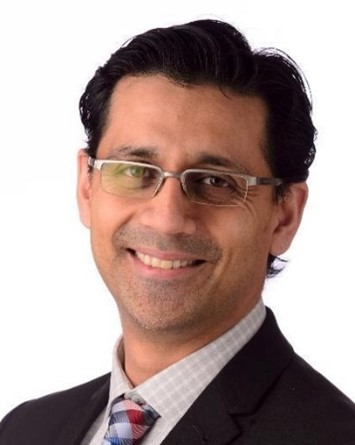 Parminder Basran CVM
Parminder Basran CVM 1:35-1:45pm
1:35-1:45pm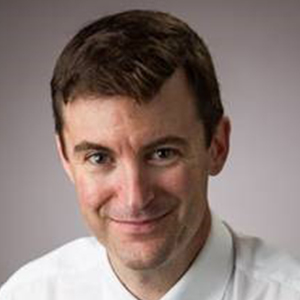 Abraham Stroock
Abraham Stroock 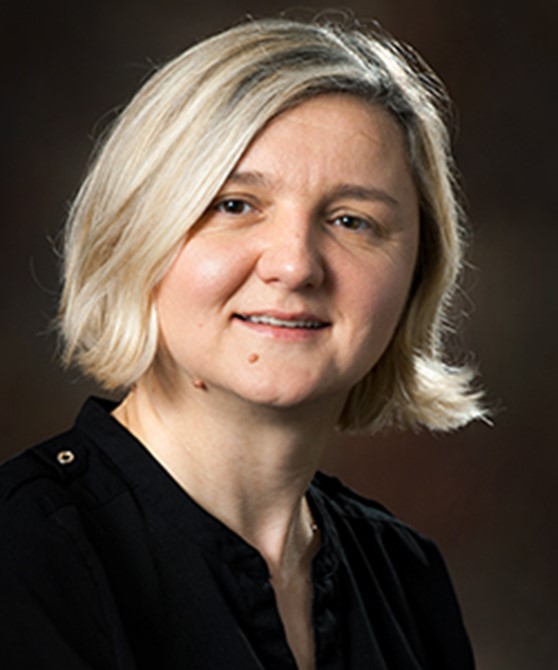 Renata Ivanek Miojevic RIF Committee
Renata Ivanek Miojevic RIF Committee 1:45-1:55pm
1:45-1:55pm 1:55-2:40pm
1:55-2:40pm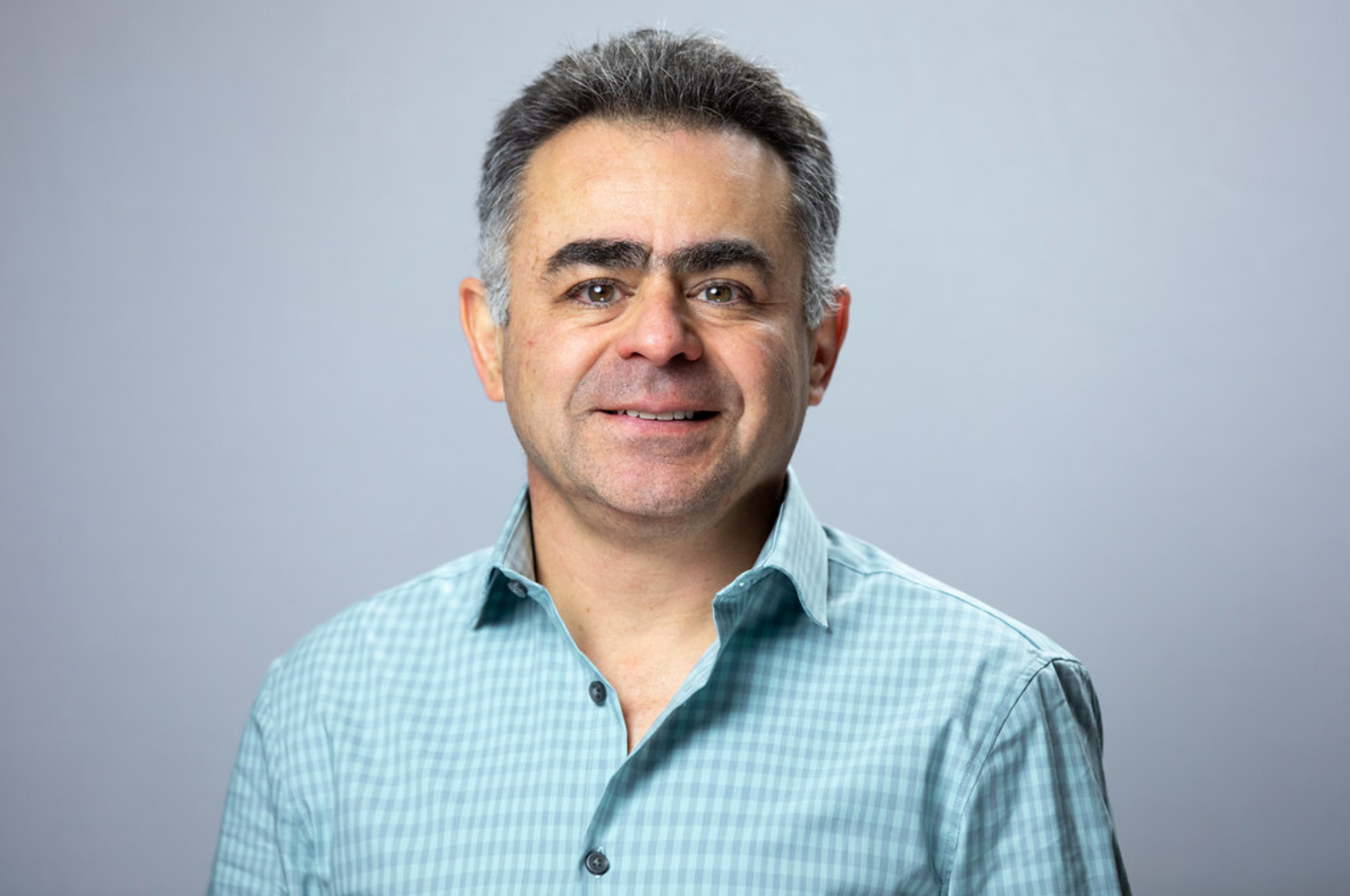 Victor Cabrera
Victor Cabrera 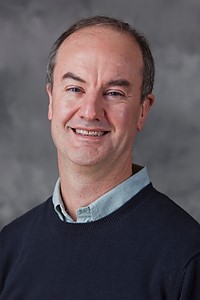 Michael Ferris
Michael Ferris  2:40-2:45pm
2:40-2:45pm 2:45-3:30pm
2:45-3:30pm Abraham Stroock
Abraham Stroock 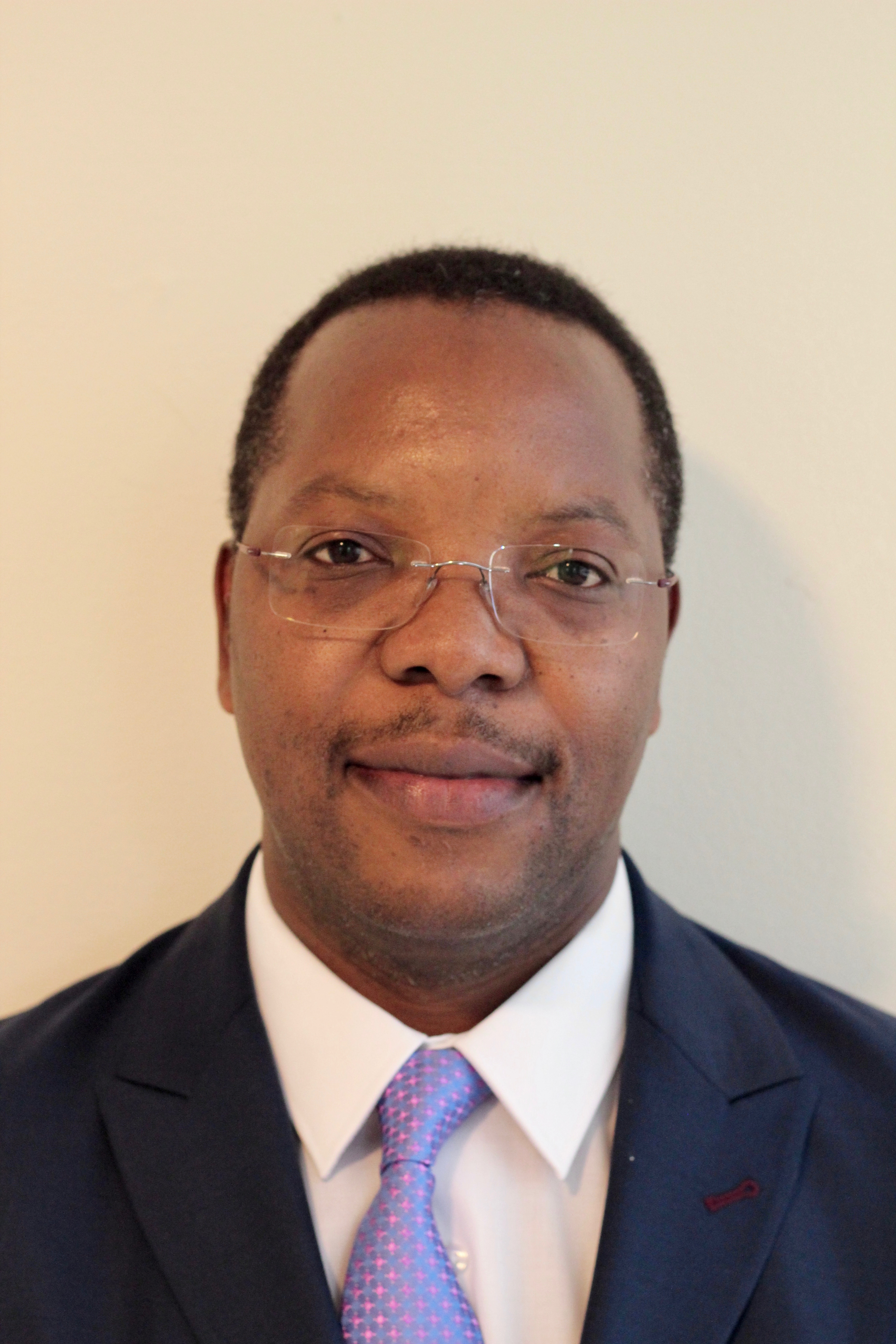 Ed Mabaya
Ed Mabaya  Kirstin Petersen
Kirstin Petersen 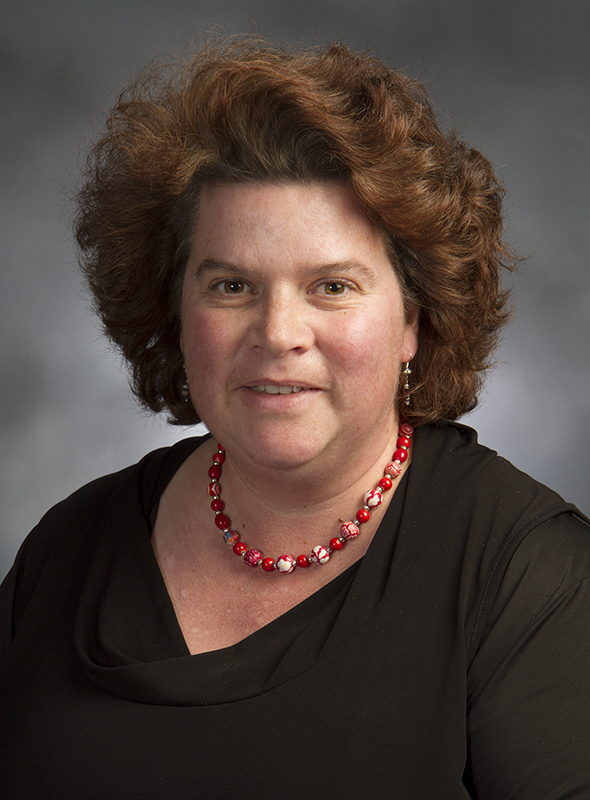 Sarah Pethybridge
Sarah Pethybridge 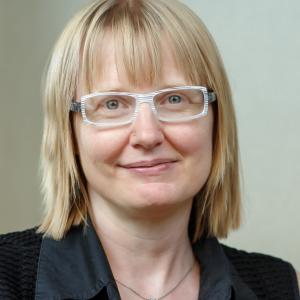 Phoebe Sengers
Phoebe Sengers  Steve Thomson
Steve Thomson  Hakim Weatherspoon
Hakim Weatherspoon 